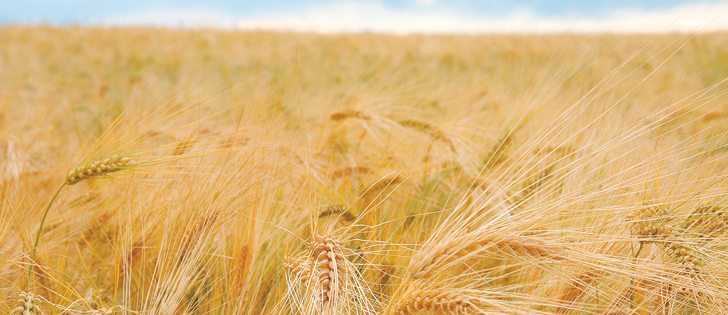Crop insurance for malt barley will be available for Alberta growers this year.
The idea grew out of a resolution submitted to the Alberta Barley Commission in 2014 where growers argued coverage under commercial barley insurance did not reflect the risk to growers, said Jesse Cole of Alberta Financial Services Corp.
There is higher growing risk and additional quality risk associated with malt barley, but there were also some challenges that prevented a specialized insurance program in the past, he told the Western Barley Growers Association annual meeting in Calgary Feb. 3-4.
Read Also

Feds propose overhaul of chronic wasting disease control program
Chronic Wasting disease control program getting updated by Canadian Food Inspection Agency with feedback encouraged from producers.
AFSC wanted premium cost sharing with the federal government and there needed to be assurances the program was trade neutral.
Malt barley is not visually distinguishable from feed and it is hard to determine what’s being grown intentionally for malting end use.
Maltsters may also have different requirements for acceptable barley.
“There are a bunch of different standards between companies so it is difficult to pin down what quality level we could insure,” he said.
To be eligible, the producer must have a contract for more than 40 tonnes. The contract can be with companies outside Alberta.
Eligible varieties come from the Canadian Malting Barley Technical Centre’s recommended variety list or anything specified on the malt contract.
A producer cannot insure at the malt level if feed varieties are grown on the same farm in the same year.
Cole said among the 6,000 barley AFSC clients, 376 will have to insure at the commercial level.
Doug Robertson, chair of the barley growers association, said a declaration should be considered for those who grow both. There are new categories of wheat coming and they face a similar situation, he said.
Contact barbara.duckworth@producer.com
















